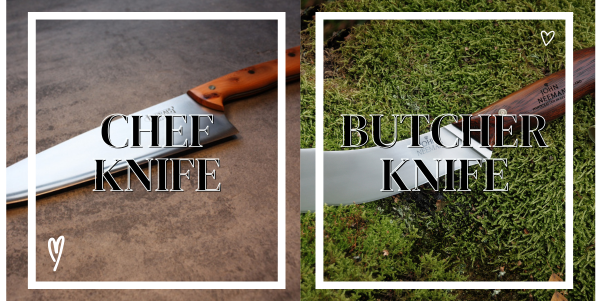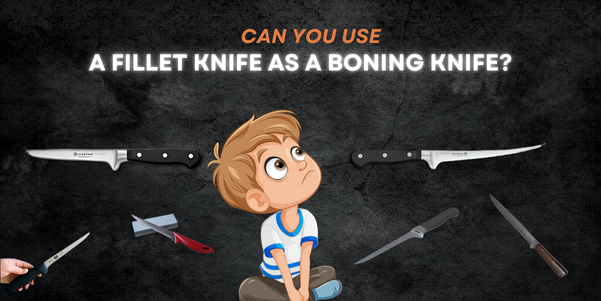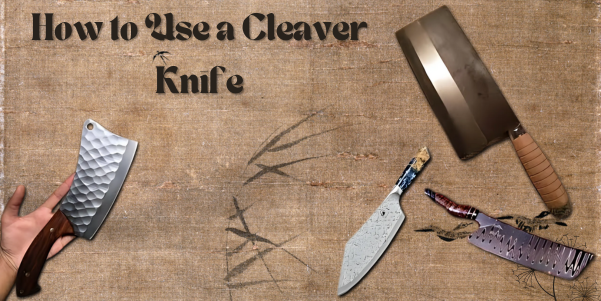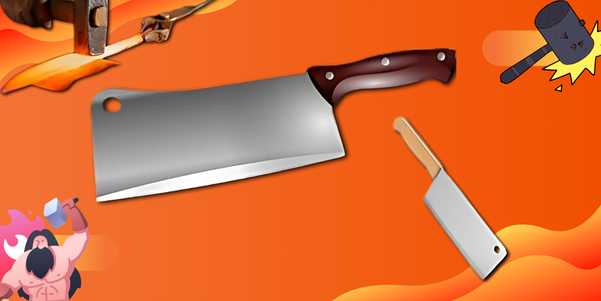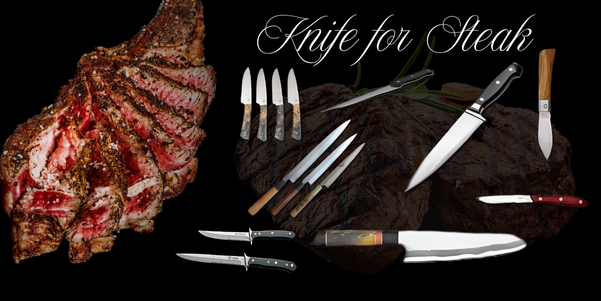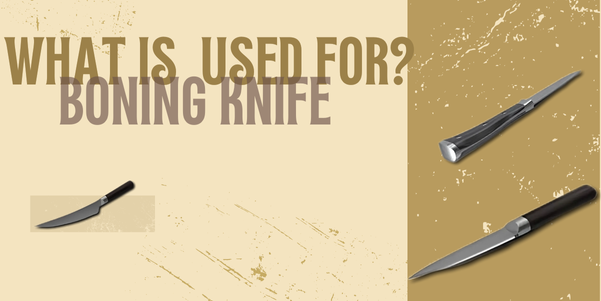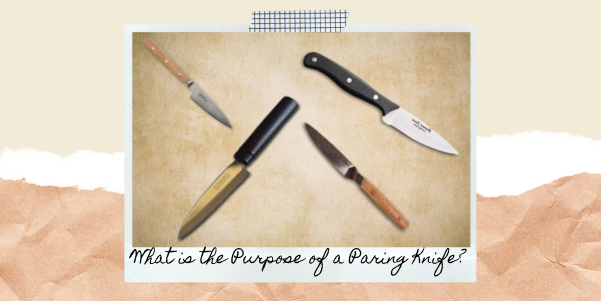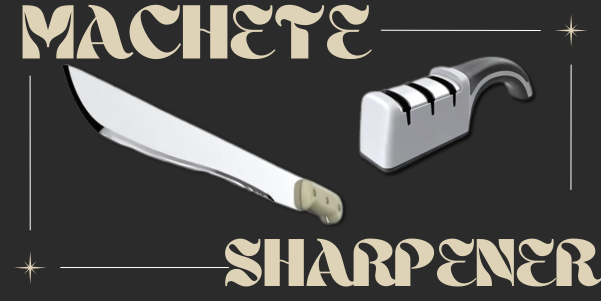When you step into the kitchen, having the right tools can make all the difference. Among the most essential tools are the chef knife and the butcher knife. They may look similar at a glance, but each knife has its own strengths tailored for specific tasks. In this guide, we’ll break down what sets these two knives apart, helping you decide which one deserves a spot in your kitchen.
After researching for 3-4 hours, here is a detailed review of Chef Knife vs Butcher Knife
Table of Contents
Blade Design and Purpose

Let’s start with the chef knife. This versatile workhorse is beloved by cooks for its ability to tackle just about anything. With its broad, curved blade, it allows for smooth rocking motions on the cutting board, making it perfect for chopping vegetables, mincing herbs, or slicing meat. Whether you’re dicing onions for a stew or slicing through a delicate piece of fish, the chef knife provides precision and control.
Now, enter the butcher knife. If you’re looking to break down larger cuts of meat or chop through bones, this knife is your best friend. It features a thicker, straighter blade that’s designed for heavy-duty tasks. The added weight helps you power through tough cuts with ease, while the long blade ensures you can make clean, precise slices. So, if you frequently handle larger pieces of meat, the butcher knife is indispensable.
Handle and Comfort

Comfort matters in the kitchen. A chef knife typically boasts an ergonomic handle that feels light and easy to maneuver, allowing you to chop and slice for longer periods without fatigue. On the flip side, butcher knives often have chunkier handles, providing a solid grip necessary for handling hefty cuts. This extra heft is crucial when you’re putting some muscle into your chopping.
Precision vs. Power

When it comes to precision, the chef knife takes the cake. Its slender blade is ideal for intricate slicing, making it perfect for delicate ingredients like herbs and vegetables. However, if you need raw strength and durability, the butcher knife shines. Its robust design is built for forceful cuts, making it a powerhouse in any meat preparation task.
For home cooks or professionals who love experimenting in the kitchen, owning both knives can greatly enhance your cooking experience. Each knife has its unique role, giving you the flexibility to tackle any dish.
Whetstone and Sharpening

Both knives need a bit of TLC to stay sharp. Using a whetstone is the way to go for sharpening. The chef knife, with its finer edge, needs regular touch-ups, while the butcher knife, thanks to its thicker blade, requires less frequent sharpening but demands a bit more effort to get that sharp edge back.
Which Knife is Right for You?
When it comes to making a choice, reflect on your cooking habits. If your kitchen escapades often include slicing, dicing, and chopping a variety of ingredients, the chef knife is likely your best bet. But if you frequently prepare large cuts of meat or need a sturdy knife for heavy-duty tasks, don’t overlook the butcher knife.
Factors to Consider
Choosing the right knife can depend on several factors:
- Your Cooking Style: Are you a frequent meat preparer, or do you often chop veggies? This can influence your decision.
- Comfort: Make sure the knife feels good in your hand. A comfortable grip can make all the difference during longer cooking sessions.
- Weight and Balance: Consider how the knife feels as you cut. Some prefer the heft of a butcher knife, while others like the lightness of a chef knife.
- Maintenance: Think about how much time you want to dedicate to sharpening. Both knives need care, but the frequency might differ.
- Budget: Quality knives can be an investment. Determine what you’re willing to spend for your kitchen tools.
FAQs
What is the difference between a kitchen knife and a butcher knife?
A kitchen knife, like a chef knife, is versatile and can handle various tasks, while a butcher knife is specifically designed for cutting through meat and bones.
Can you use a butcher knife for everything?
While a butcher knife is great for heavy-duty tasks, it’s not the best choice for precision cutting. For delicate work, a chef knife is more appropriate.
What is a butcher’s knife used for?
A butcher’s knife is ideal for breaking down large cuts of meat and cutting through bones, thanks to its sturdier design.
Can you cut meat with a chef knife?
Absolutely! A chef knife can handle slicing meat, but for tougher cuts or bones, a butcher knife is preferable.
Final Thoughts
In the end, choosing between a chef knife vs. butcher knife boils down to what you cook most often. Each knife has its own strengths, so having both can ensure you’re ready for any culinary challenge—from precision cutting to handling large cuts of meat.
- how do you properly sharpen a knife
- How to Clean Damascus Steel Kitchen Knife
- A Fish Knife vs Butter Knife: Understanding the Differences and Uses

